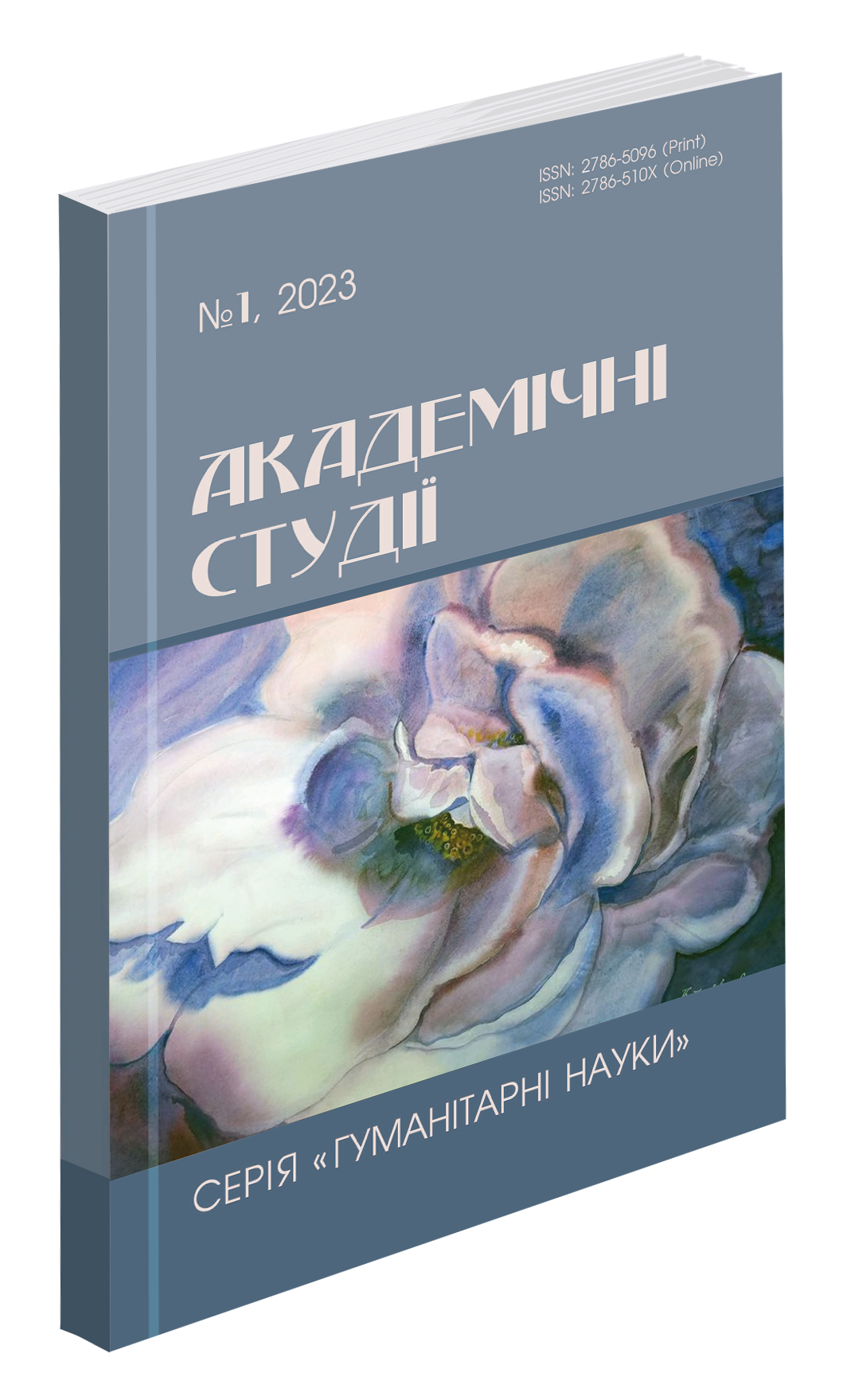Abstract
The article explores the features of virtual communication among modern educators: students majoring in «Primary Education» and experienced teachers. The research reveals the importance of virtual communication and its specificity depending on the age of educators. The article describes a number of advantages of online communication, such as sharing thoughts and impressions without borders, wide opportunities for employment, online professional development and self-education, creating one's own image, equal opportunities for people with special needs, and the openness of many digital resources for selfimprovement. The article also examines netiquette ‒ the culture of virtual communication among teachers and students. In particular, through a survey, it was found that students spend much more time on virtual communication than teachers. The younger generation prefers social media for communication, while experienced teachers often use the internet to improve their professional skills, exchange experiences with colleagues, and engage in professional communication. The research is based on a survey of respondents. The survey showed that both students and teachers generally adhere to the norms of literary language during virtual communication and react negatively to messages with mistakes. A correctly and knowledgeable communicator is perceived positively even in a virtual environment. Respondents claim that it's more pleasant to read messages without errors, texts that are formatted in accordance with the norms of spelling, grammar, and punctuation.
References
Ковальчук І. А. Мовна специфіка спілкування в Інтернеті. Магістеріум. Вип. 37: Мовознавчі студії. 2009. С. 45‒48. URL: https://ekmair.ukma.edu.ua/server/api/core/bitstreams/ff0d67f6-d846-49e9-8fbd-d5c8b833e6db/content (дата звернення: 04.05.2023).
Краснякова А. О. Інтернет-середовище як новий комунікативний простір самопрезентацій особистості. Медіапсихологія і медіаосвіта. 2016. С. 1‒14. URL: https://lib.iitta.gov.ua/709506/1/%D0%9D%D0%A1%20%E2%84%9638%20-%202016-1.pdf (дата звернення: 03.05.2023).
Кучаковська Г. А. Роль соціальних мереж в активізації процесу навчання інформативних дисциплін майбутніх вчителів початкової школи. Інформаційні технології і засоби навчання. 2015. Том 47. № 3. С. 136‒149. URL: file:///C:/Users/User_Lib/Downloads/ITZN_2015_47_3_13.pdf (дата звернення: 03.05.2023).
Мак-Квейл Д. Теорія масової комунікації / пер. з англ. О. Возьна, Г. Сташків. Львів : Літопис, 2010. 538 с. URL: https://sociology.knu.ua/sites/default/files/library/elclosed/shtompka1.pdf (дата звернення: 03.05.2023).
Шульська Н. М., Матвійчук Н. М. Соціальні мережі як ефективне середовище викладацько-студентської комунікації в навчальному процесі. Інформаційні технології і засоби навчання. 2017. Том 58. № 2. С. 155‒168. URL: file:///C:/Users/User_Lib/Downloads/admin,+1590-6500-1-CE%20(1).pdf (дата звернення: 03.05.2023).

